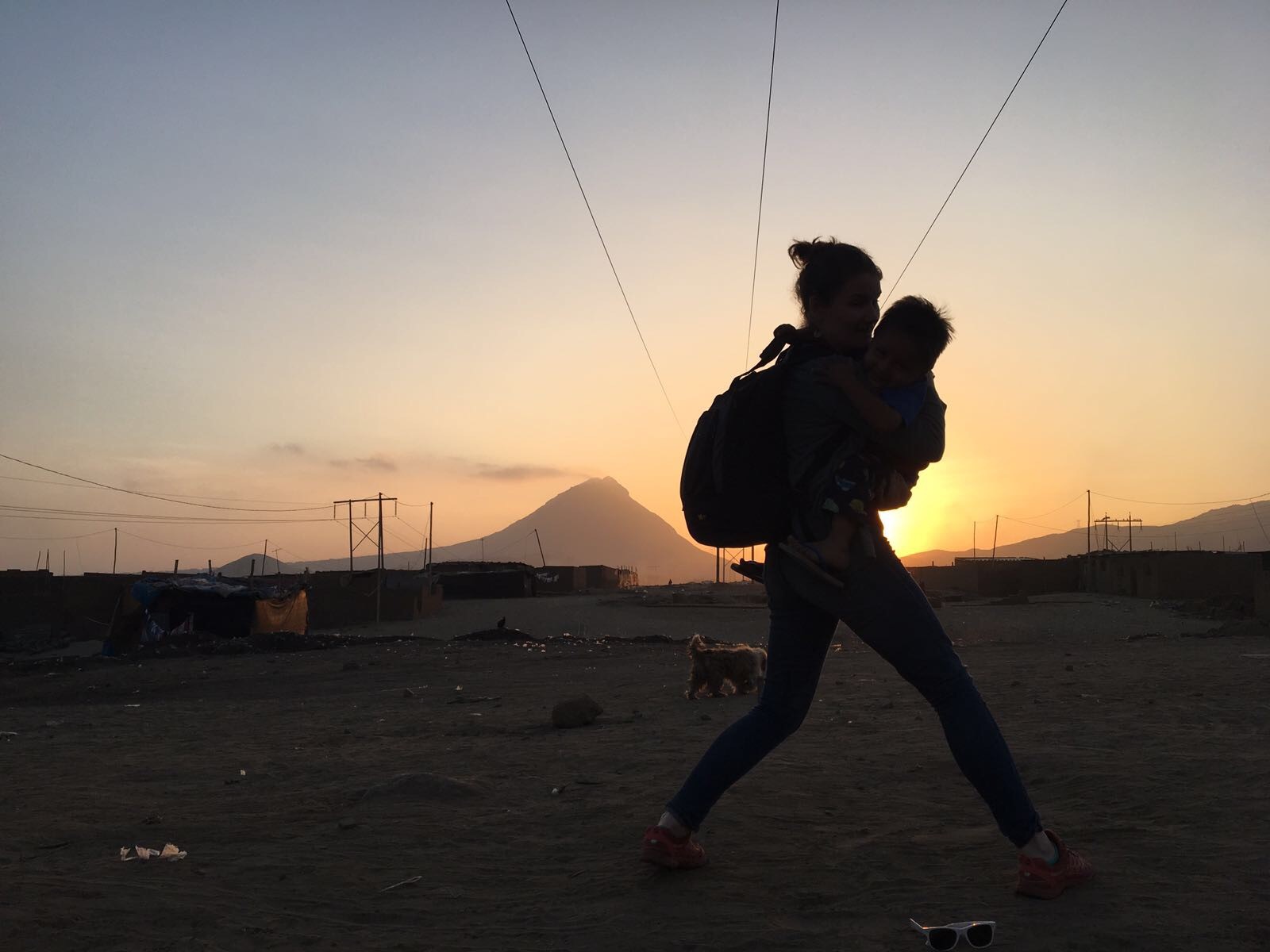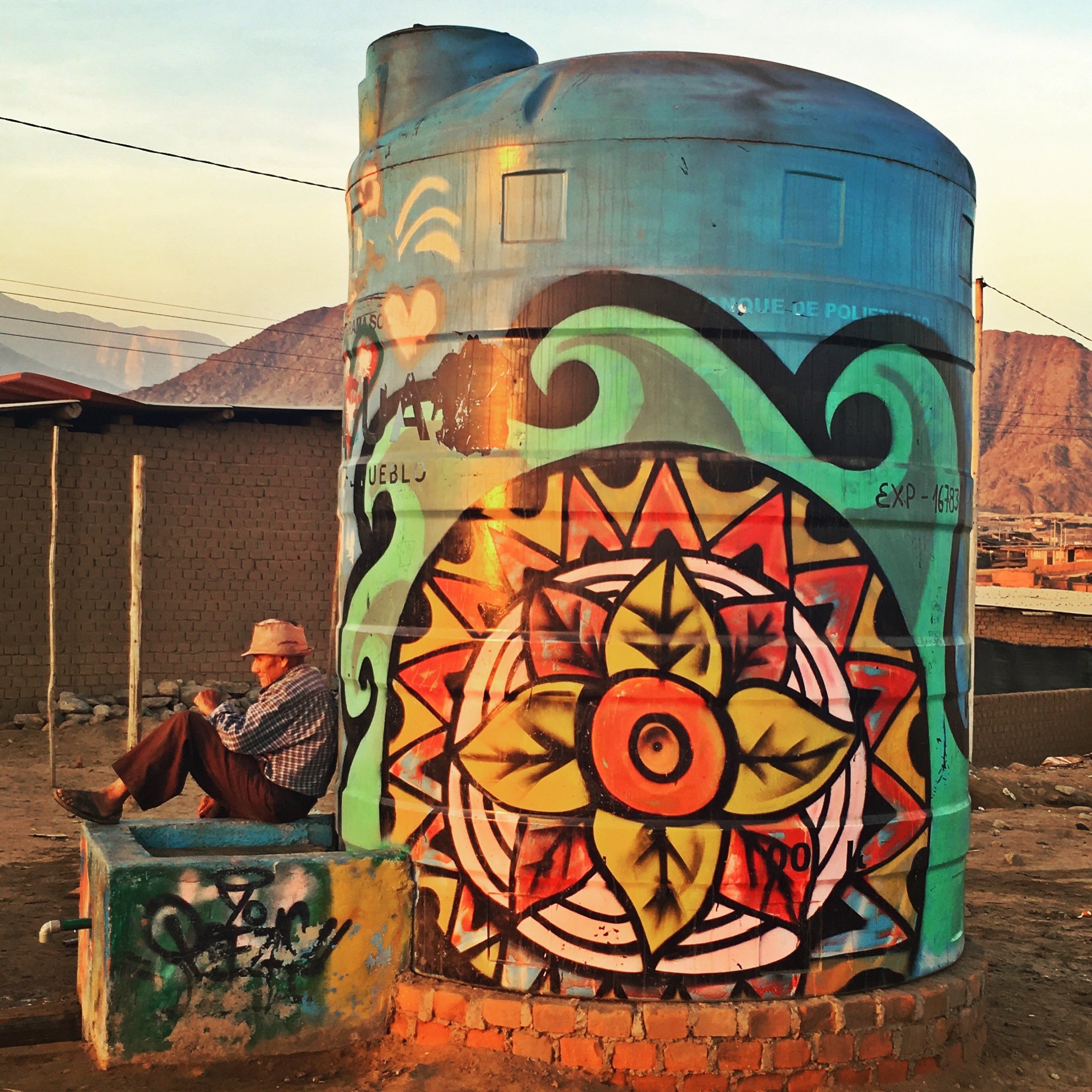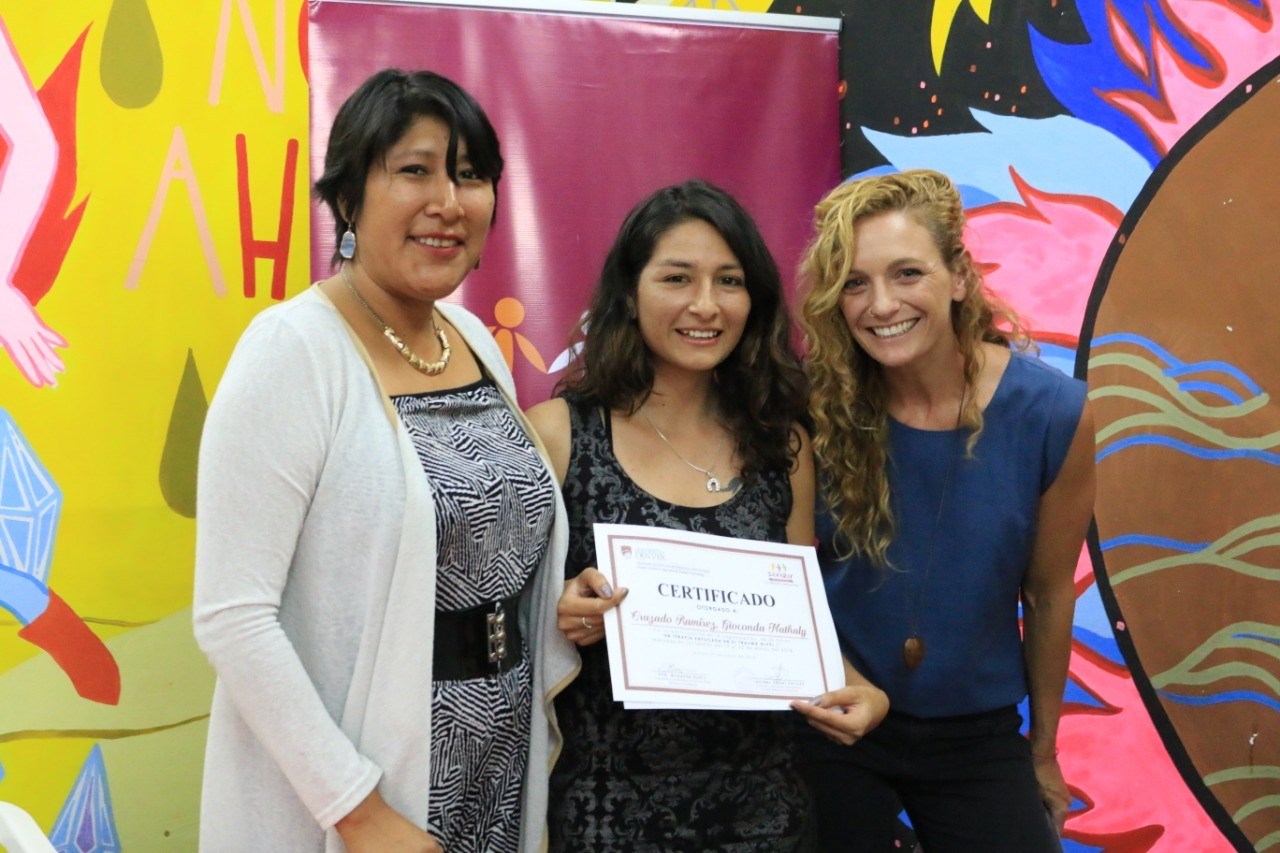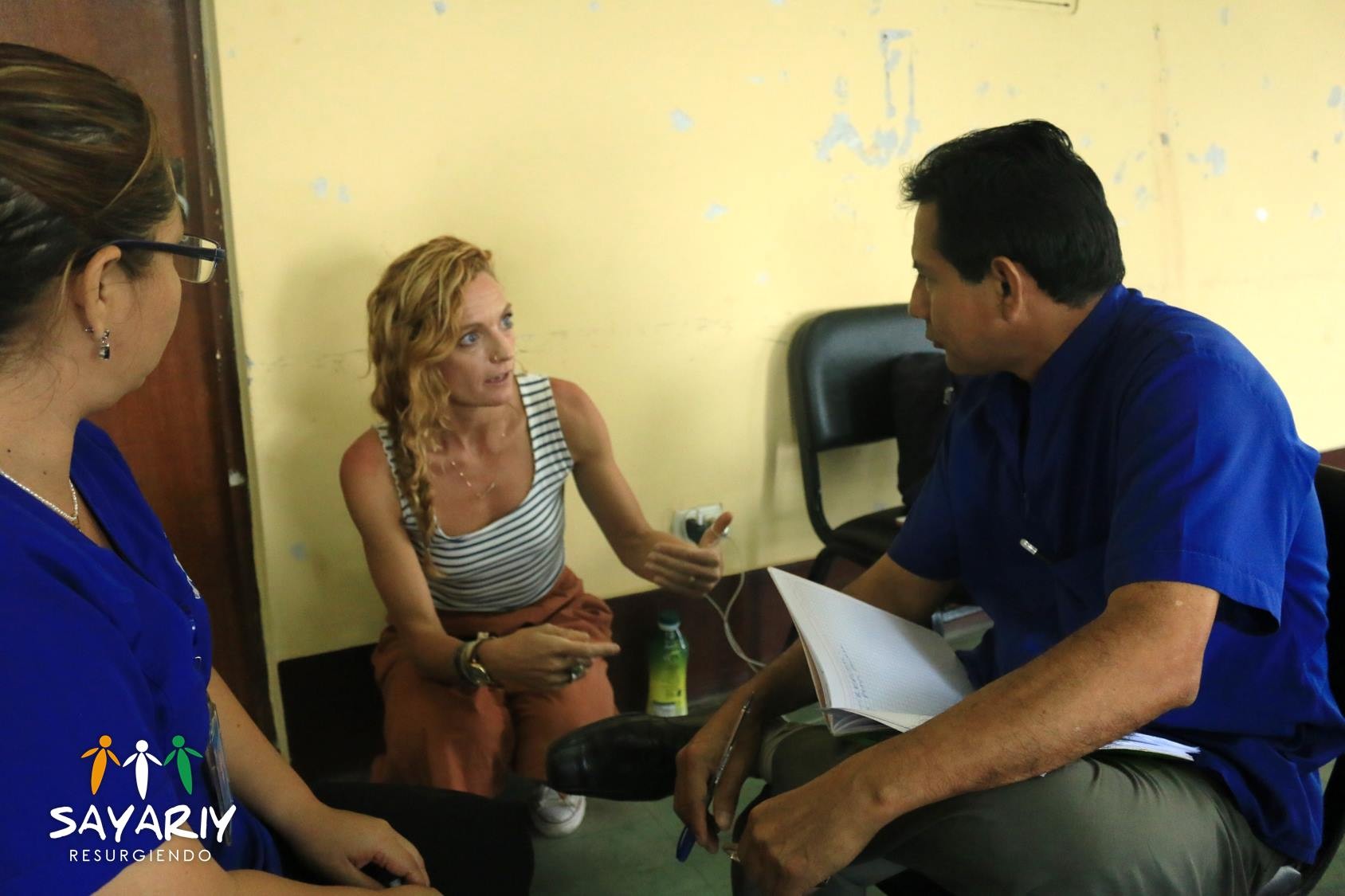We were lucky to catch up with Brie Kohrt recently and have shared our conversation below.
Alright, Brie thanks for taking the time to share your stories and insights with us today. Let’s start with the story of your mission. What should we know?
When you are in a graduate program for clinical psychology, you have to do a number of practicum experiences to develop your skill set. I went to grad school in DC, which has a large Central American population, many of whom are Limited English Proficient (LEP). Since I spoke “decent” Spanish, I ended up doing my clinical training at sites needed Spanish speakers. I worked in children’s hospitals, community outreach clinics, and a children’s psychiatric hospital. Again and again I encountered families who were having their initial contacts with the mental health system when their child was already in crisis. Our skills in a second language are lowest when we are sick, emotionally activated, and stressed- all things that are baseline for anyone going through mental health difficulties. The parents of the children and teens I worked with were disoriented, scared, and trying to navigate a system they had no familiarity with, all while encountering few professionals who could speak to them in their native language.
I remember often thinking that I wasn’t qualified to be doing what I was doing in Spanish, and at the same time thinking- “but if I don’t do this, who will? I’m better than nothing!” Looking back, I actually think this might not be true. There is already so much stigma around accessing mental health care in the Latinx immigrant community. There are multiple logistical barriers to accessing care, which are only multiplied for the uninsured, undocumented, and underemployed. If someone gets though all those hoops, and then has a provider who “mostly” understands them, and can “kind of” show empathy, and “more or less” provide psychoeducation and support, they are not receiving high quality care. The likelihood of them staying in treatment is low, as shown by the 50% of Latinx individuals who drop out of therapy services after the first session.
I started spending my summers in Latin America to build up my Spanish skills. I worked in an HIV and turburculosis hospital in Guatemala one summer, and in a child development center in Peru the following summer. When I came back to the U.S., I watched telenovelas to build my informal Spanish language, and started providing more and more professional services in Spanish. I eventually spent a year in Peru conducting my dissertation research and working as the psychology coordinator for a local non-profit.
I was lucky enough to have some amazing supervisors later on in my clinical training journey who provided me with supervision all in Spanish. They helped me really understand what my clinical Spanish level was- and based on this- what I could, and should do in Spanish, and what was beyond my boundaries of competence. Almost ten years later, I provide all my clinical services in Spanish, and all of my research takes place in Latin American countries.
I was lucky enough to have the flexibility in my graduate program to be able to go off and pursue my goals of developing professional Spanish competency, and to have supervisors who supported and mentored me. But I also know that the way we approach provision of mental health services in the U.S. when people are not proficient English speakers is inequitable- and potentially unethical. I know how many Spanish-speaking graduate students and early career clinicians are doing their best, despite their lack of training in this area. I know how many Spanish-speaking students- most of whom are women of color who have already had to push so hard to get into graduate school- are pressured to take on more and more clients because of long waitlists of Spanish-speakers. They are exhausted. But they ask themselves- “if I don’t do this- who will? Aren’t I better than nothing?” And at the end of the day, if they don’t have training in providing mental health services in Spanish- how can we be sure that the Latinx community is receiving adequate care?
The goal with the non-profit I started back in 2015, PASEO Salud Mental, is to push back on this question. We are focused on increasing access to mental health services for the Latinx population in the U.S. through high-quality Spanish for mental health training. We provide a 6-week immersion program in Peru, where students have classes in clinical Spanish, and also assist with prevention and psychoeducation projects in local migrant communities with limited access to mental health. We provide students with an immense library of resources in Spanish, so they don’t have to spend countless hours trying to find information on a certain diagnosis, treatment, or assessment tool in Spanish. We evaluate their level of clinical Spanish using a tool we developed, since until now, there has been no standardized way to ensure that someone has the level of Spanish needed to provide mental health services. We seek to provide support, quality control, and also advocacy skills. I based this program on what I needed 15 years ago, and on what helped me get to where I am. It’s definitely not enough, and more needs to be done to improve the quality of mental health services for the 41 million Spanish speakers in our borders. But it’s a start, por lo menos.



Brie, love having you share your insights with us. Before we ask you more questions, maybe you can take a moment to introduce yourself to our readers who might have missed our earlier conversations?
I’m a licensed clinical psychologist and Assistant Professor at California State University Los Angeles. PASEO Salud Mental is technically a side hustle, but really I have structured everything else in my life to make PASEO possible, because it is so important to me and because I truly believe in the importance of providing clinical training in Spanish to mental health professionals.
PASEO Salud Mental is a mental health non-profit focused on capacity building. We seek to increase access to mental health services for the Latinx population in the U.S. as well as in low-resource communities in Peru. The heart of the program is a 6-week immersion and practicum experience in Northern Peru designed to help students and professionals in the mental health field strengthen their linguistic and clinical skills to better serve the Latinx community. Students have 10 hours of class a week, and spend another 10 hours providing prevention and consultation services in the local community. This year, PASEO students will help pilot a violence prevention program for high school aged youth in two schools located in migrant communities in Northern Peru with high rates of familial violence.
Since we know that there are a lot of people who might want to develop their Spanish for mental health skills but who might not have the flexibility to go to Peru, we recently started offering online versions of our classes.
I’m really proud of the curriculum that we have developed, because it provides fundamental skills that are useful for all clinicians- like how to explain what therapy is in the first place, explain confidentiality, build rapport, show empathy, normalize and validate a person’s experience, and provide psychoeducation and techniques to manage symptoms including anxiety, depression, trauma, suicidal behavior, interpersonal difficulties, and addiction. We teach students not just the vocabulary they need, but also review how to adapt one’s therapeutic style to make it more culturally relevant for the Latinx community.
How’d you meet your business partner?
PASEO Salud Mental is a tiny organization. If you go on our website, you will see that one of our staff members is literally a dog that I met in Peru who became my pet, and PASEO’s official mascot.
In 2016, I met my now co-director (who is a human). David Martinez, a psychology professor at University of San Francisco, applied to the summer immersion program. I remember reviewing his application and thinking- “this guy should be running the program, not attending it.” David also has his PhD in clinical psychology. He was born in the U.S., but his family moved back to Mexico when he was young, and he lived there until his teenage years. He has this amazing insight into what is needed for improved mental health care across borders. His clinical work and research focus on improving mental health care for the Latinx community that faces double marginalization due to substance abuse, HIV status, and sexual orientation and gender identity. It was amazing to me that a person with this level of clinical expertise felt he needed more training to best serve the Latinx community- and indicative to me of just how little support in this area psychologists get.
I asked David if he would want to come down as more of a work-study student. He could do all the same experiences as the other students, but perhaps help me provide some trainings to local teachers and psychologists. I also asked him to teach a class in Motivational Interviewing in Spanish to the other students- a therapeutic approach initially designed for working with addiction, but that is so helpful in building treatment engagement in all populations. From there he started coming to Peru each summer, first as an instructor and supervisor, and eventually as the co-director. It now amazes me that I ever thought I could run this program by myself, and I am so lucky to work with such a tremendous, supportive, brilliant, and easy-going human being. And you should see the man dance.



Can you tell us about a time you’ve had to pivot?
The Covid-19 pandemic was a major flexion point for PASEO. It just so happened that luckily we were going to be taking a year off from the program anyway because I was pregnant, and because we wanted to step back and make sure the way we were approaching our work was really benefiting the local community, and not just the U.S.-based students and professionals. When the pandemic hit, we thought- okay- this is fine. It’s just a year. But then in 2021 we were so unsure of what to do. The situation had improved in the U.S., but the public health system in Peru was in chaos. We were really worried about what might happen if a student got sick given that the medical system in Trujillo was at capacity. Also, the local schools were closed, and opportunities for in-person service learning were minimal given the restrictions.
In 2021, we ran a 6-week distance learning program. We kept our classes similar, but we also expanded by pairing students with local Peruvian psychologists and social workers who they would meet with each week to practice the skills they were learning in the classes. We paired students with organizations who needed help with applied research or development of workshops, and the service learning aspect became more about resource sharing and bidirectional capacity building. While we are so happy to be back in-person this year, I think we learned a lot about ways to offer a high-quality training program, even in a global pandemic.
Contact Info:
- Website: http://www.paseoprogram.com/
- Instagram: @paseosaludmental
- Facebook: https://es-la.facebook.com/paseoprogram/


